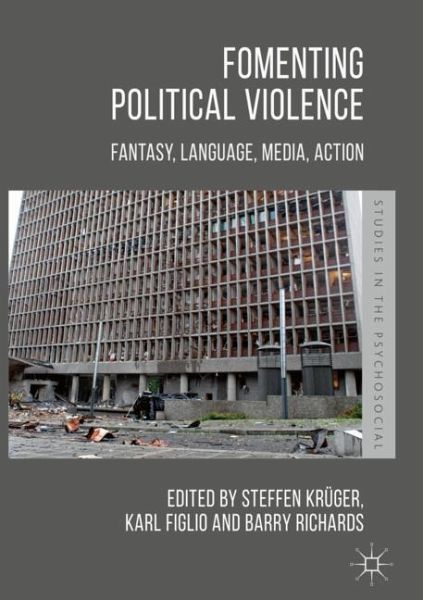
Fomenting Political Violence
Fantasy, Language, Media, Action
Herausgegeben: Krüger, Steffen; Figlio, Karl; Richards, Barry

PAYBACK Punkte
49 °P sammeln!
This book offers a psychosocial perspective on political violence, employing a strong current of psychoanalytic thinking. In the course of its chapters an international roster of researchers and scholars offers a richly complex and insightful view of diverse forms of political violence and its build-ups. The authors discuss the processes by which the ground for political violence is prepared, and how violent acts are facilitated. They question how social, cultural and political constellations can develop in such a way that, for certain people in this constellation, violence becomes a logical -...
This book offers a psychosocial perspective on political violence, employing a strong current of psychoanalytic thinking. In the course of its chapters an international roster of researchers and scholars offers a richly complex and insightful view of diverse forms of political violence and its build-ups. The authors discuss the processes by which the ground for political violence is prepared, and how violent acts are facilitated. They question how social, cultural and political constellations can develop in such a way that, for certain people in this constellation, violence becomes a logical - perversely reasonable - response. This collection demonstrates what a psychoanalytic perspective can bring to existing approaches to political violence, going beyond the social movement approach by unfolding the inherent ambiguity in accepted concepts within the study of political violence.














